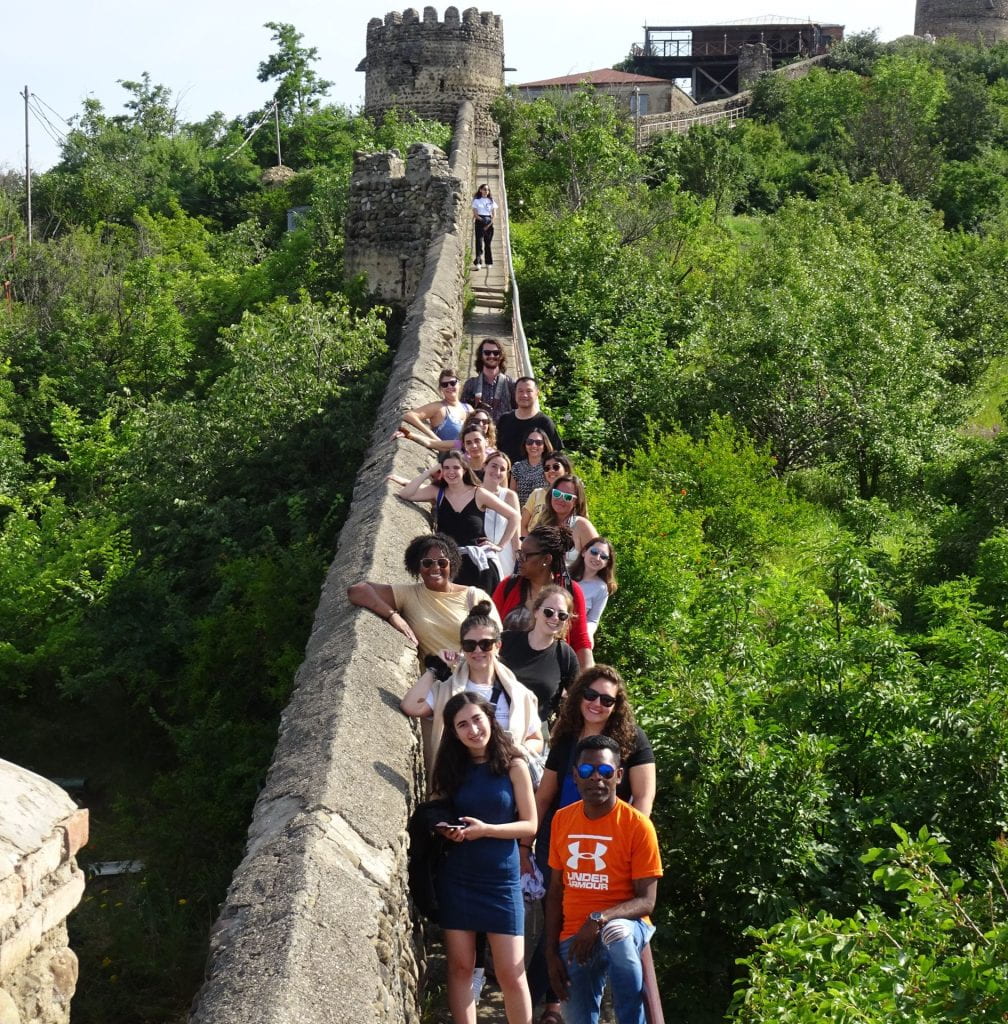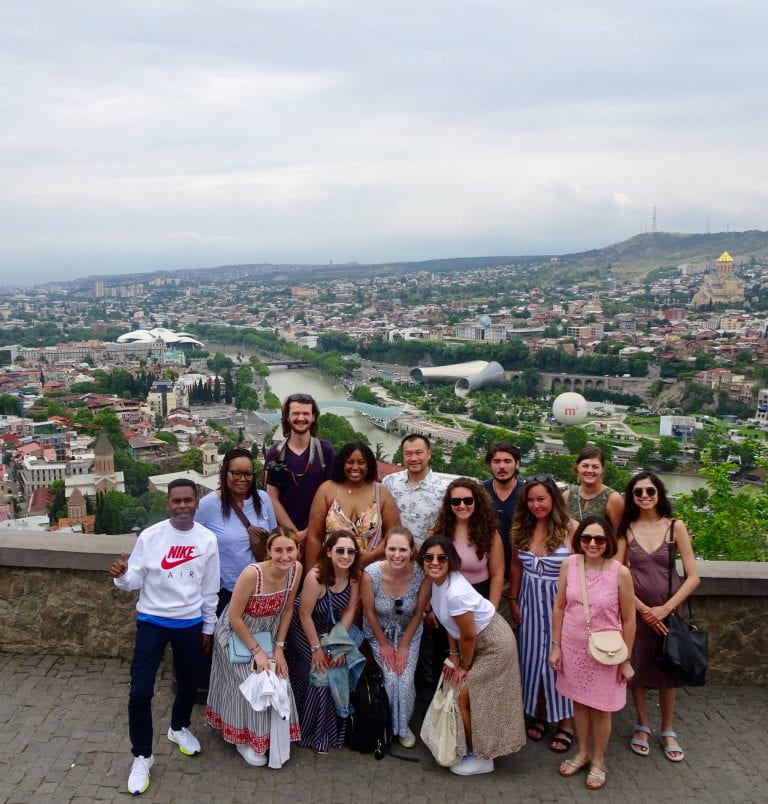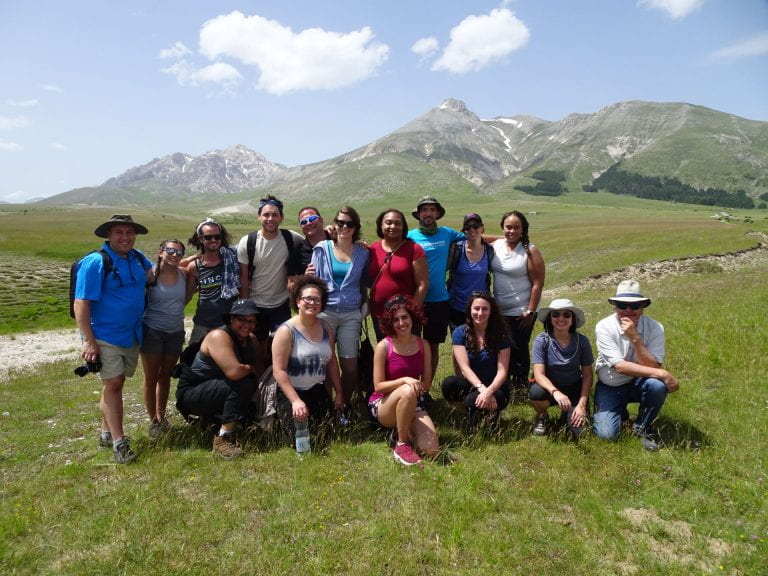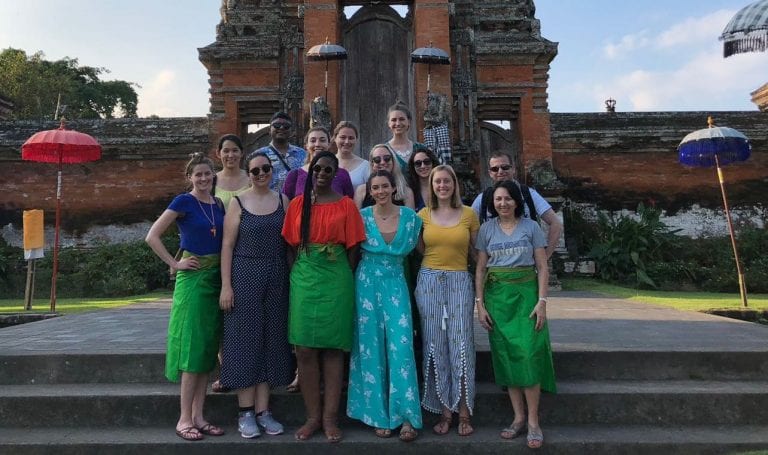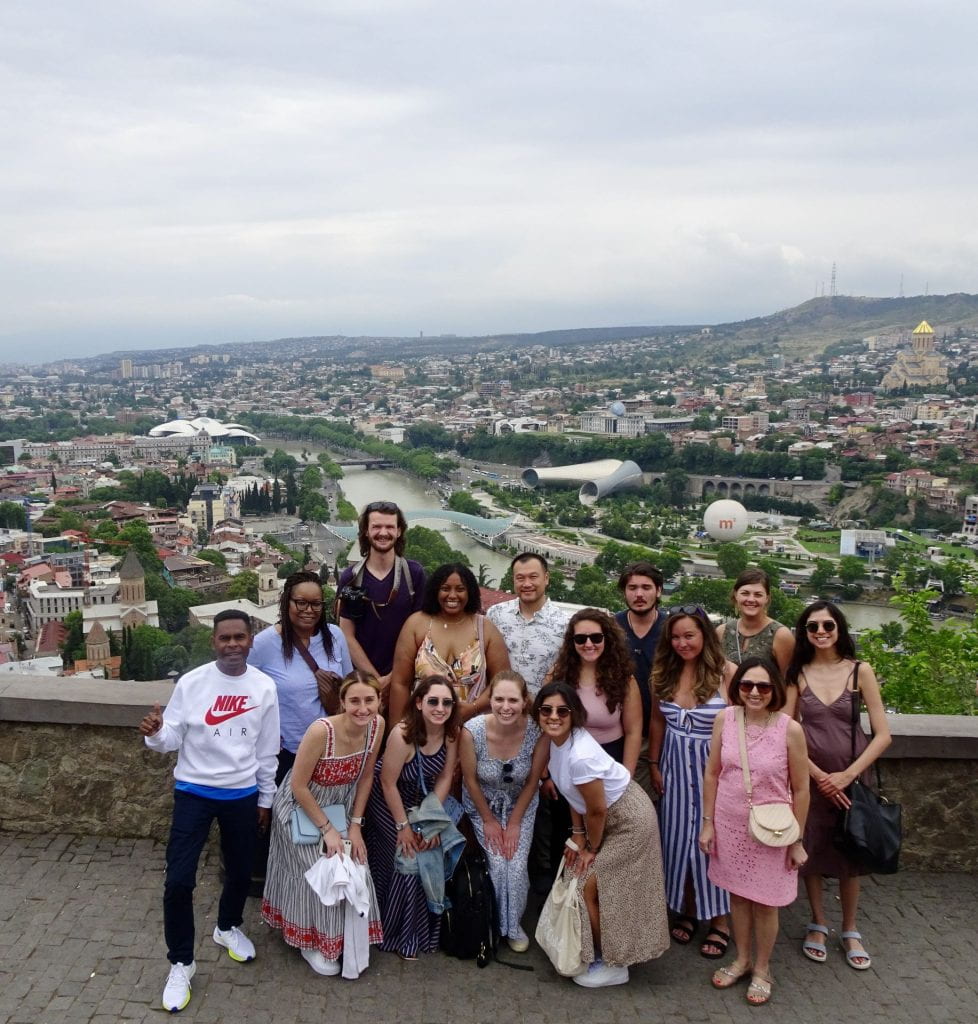
The GW International Institute of Tourism Studies’ Consulting Practicum provides Master of Tourism Administration students with opportunities to participate in ongoing research and consulting projects that support sustainable tourism development. Each year, we partner with a select university in a host country to address tourism development issues and identify strategies, sustainable products and markets for these destinations. The 2022 consulting practicum took place in Tbilisi, Republic of Georgia in partnership with Caucasus University. Student consultants were paired with local Georgian students and tasked with assessing 36 local wineries, accommodation providers and attractions in Kakheti–the foremost wine region in Georgia. The students also developed new product ideas and identified marketing optimization strategies. Some students who were involved in the consulting program are now working with USAID-Georgia to develop and pilot test a Wine Passport initiative.
This project was made possible by funding and partnership with USAID-Georgia Economic Security Program and the Georgia National Tourism Administration.
Three student consultant participants from this program shared some of their thoughts and experiences from the recent project in the Republic of Georgia.

“Our group's contributions primarily expanded the toolbox that Georgia’s wine tourism industry planners and strategists can use to gain competitive advantage and draw new attention to the region. The field work we conducted helped to identify the needs and capacities of smaller operators and to help prioritize these needs. To me, the most significant contribution we made was to bring less-noticed voices into the conversation so that they can benefit equally.” - Ad Lane
“We provided about a dozen actionable recommendations to our Georgian project sponsors based on a combination of academic and field research. Tourism stakeholders will decide whether to adopt or modify our recommendations but we believe they’re great starting points to improve existing products, increase marketing and introduce new products to Georgia's gastronomy and wine tourism sector.” - Anthony Chu

“Before going to Georgia, we spent time in a classroom setting learning about the principles and ethics of business consultation and this knowledge proved to be helpful and applicable once onsite. The social collaboration approach we learned about to gather data and information helped to identify key issues while completing analysis.” - Abraham Soyem

“For many Georgians, wine is part of daily life, not only in consumption but also production. Georgia heritage and lineage, like the grapevines, are nurtured by the land and community appreciation for small beginnings. In the month before our project in Tbilisi and Kakheti, I visited 7 other countries but Georgia felt closest to home despite being so different to where I come from. Truly, the most surprising personal finding was how eager I was to come back and continue my work in the country as soon as I left.” - Ad Lane

“We visited more than 30 businesses and organizations that provide tourism services, with many locations marketed as small-enterprise stops on the Wine Route. I was most surprised that some of the businessowners we encountered were solidly in other professions and in some instances treated operating the winery as a hobby, a personal passion. That they are able to build a business like a winery as a part-time gig while working full-time in another city says a lot about their drive, and I hope they benefit from our team's work.” - Anthony Chu

“Personally, I learned a lot from this project on becoming a business consultant. A key consideration for businesses is to network and broaden different services they provide in order to reach goals. When setting these goals, it is important to keep them attainable for the business itself, working closely with the business along the way and considering these potential partnerships.” - Abraham Soyem
“I experienced the famous Georgian hospitality first-hand and witnessed the legacy of Georgia's "cradle of wine" region in the country’s economy.. I enjoyed the culture-sharing, observing the intellectual interactions between the staff and students at Caucasus University, and learning about the structure of Georgia’s tourism industry.” - Anthony Chu
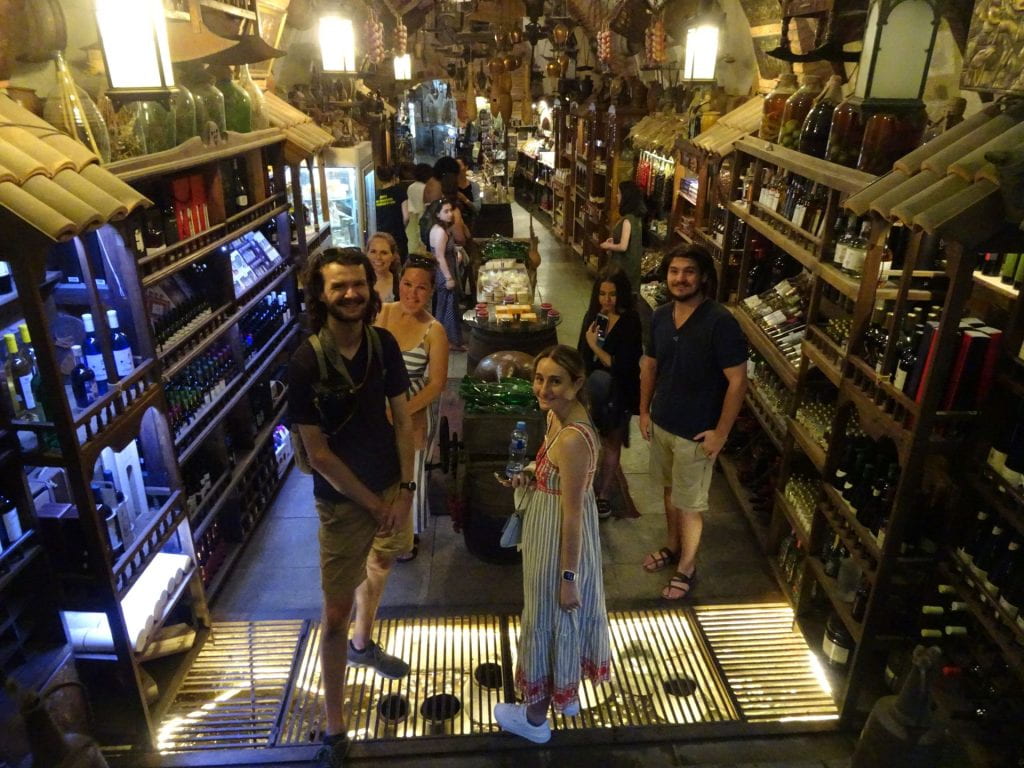
“The most meaningful aspect of the lovely and welcoming Georgia experience was the opportunity to collaborate with future leaders of the country's tourism industry studying at Caucasus University. Their exuberance, creativity, and resourcefulness gave me confidence in the work we left behind.” - Ad Lane
“Traveling to a new country, experiencing the local sights and culture, and working with both GWU and Caucasus University staff and students were the most worthwhile aspects of the study abroad experience. I'm a history buff, but even so, I learned a lot I didn’t know about the history and culture of Georgia, the region, winemaking and gastronomy. I regret I didn't spend extra time in the area and explore further, but it gives me an excuse to travel back as a tourist!” - Anthony Chu
